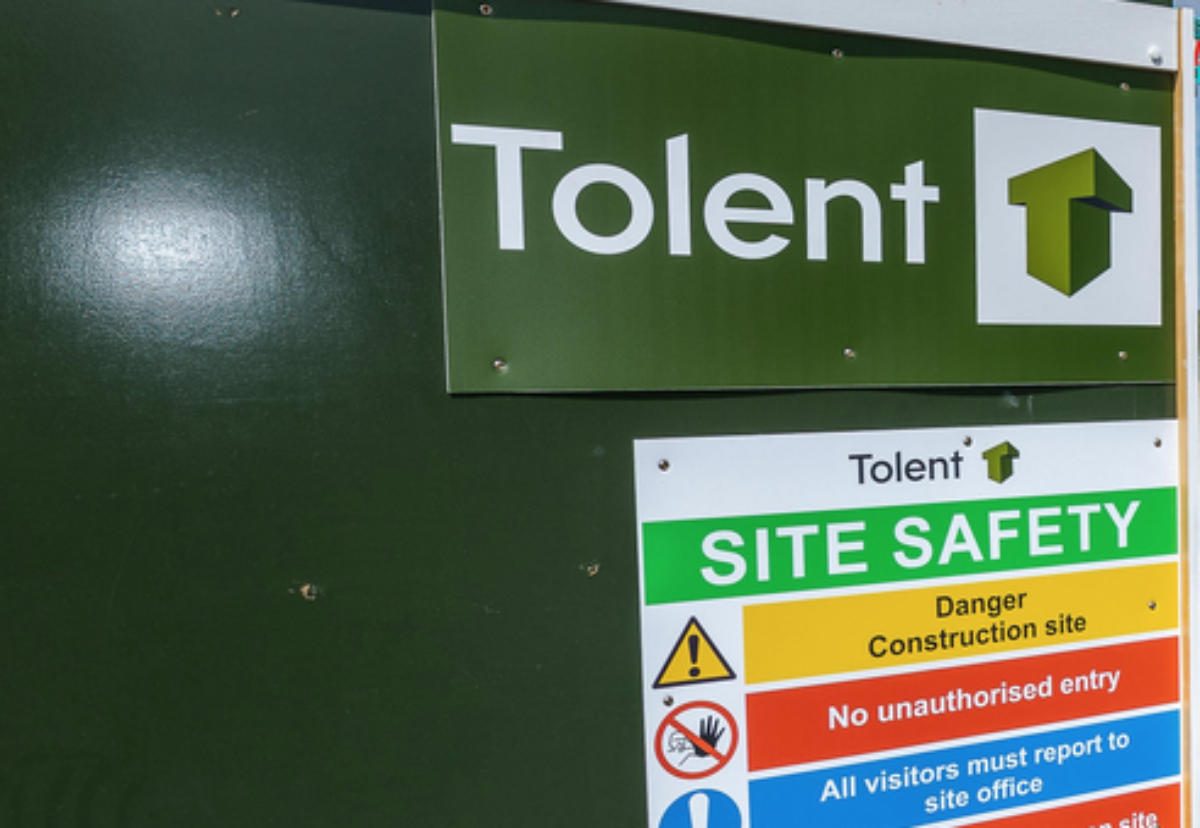The Tourism Authority of Thailand (TAT) is considering launching its own cryptocurrency in order to make the Kingdom more appealing to tourists and crypto investors.
The TAT Coin has been floated by Thailand’s tourism board which aims to capitalize on a growing number of cryptocurrency holders and investors.
The agency is currently in discussions with the Stock Exchange of Thailand regarding the digital token which would be used in conjunction with vouchers, but would not be tradable according to reports.
The state-backed tourism agency would also need to obtain permission and regulatory approval from the country’s Securities and Exchange Commission which has previously shown reluctance in issuing licenses for crypto operators.
Thailand angling for crypto tourism
TAT Governor, Yuthasak Supasorn, said that fintech and cryptocurrency are changing the world and Thailand needs to keep up.
“We have to prepare digital infrastructure and digital literacy for our tourism operators in order to commence cryptourism as the traditional business model might not be able to keep up with the new changes,”
The agency has big plans for turning Thailand into a crypto hub but financial regulators are still wary of digital assets. The TAT may start developing its “cryptourism” by offering a bitcoin debit card at airports which “crypto nomads” can use during their trips. At the moment this remains just a concept as does the TAT Coin.
The TAT had previously claimed that up to 40 million tourists visited Thailand per year before the pandemic struck. Today, that number has dwindled to a few thousand as the country remains under curfew, full lockdown, and is largely closed to tourists who need to go through strict and expensive quarantine procedures.
Thailand’s vibrant nightlife and restaurant scene, which was one of its biggest draws, remains shuttered or heavily restricted by the military-backed government, though there are hopes of a reopening before the end of this year.
Thailand’s economy, which is largely dependent on tourism, is at bottom of the regional recovery table according to the World Bank.
Tighter regulations
While crypto trading remains available in Thailand at the moment, financial regulators have introduced a number of hurdles to limit activity.
In March the central bank outlawed a Thai Baht stablecoin called THT claiming that it would endanger the local currency.
In May, the Kingdom’s Anti-Money Laundering Office introduced harsh KYC (know-your-customer) regulations that required new crypto exchange users to report in person to verify their identity.
Limits on transfers to and from exchanges and banks have also been imposed in Thailand.
Disclaimer
All the information contained on our website is published in good faith and for general information purposes only. Any action the reader takes upon the information found on our website is strictly at their own risk.
Note: This article have been indexed to our site. We do not claim ownership or copyright of any of the content above. To see the article at original source Click Here













